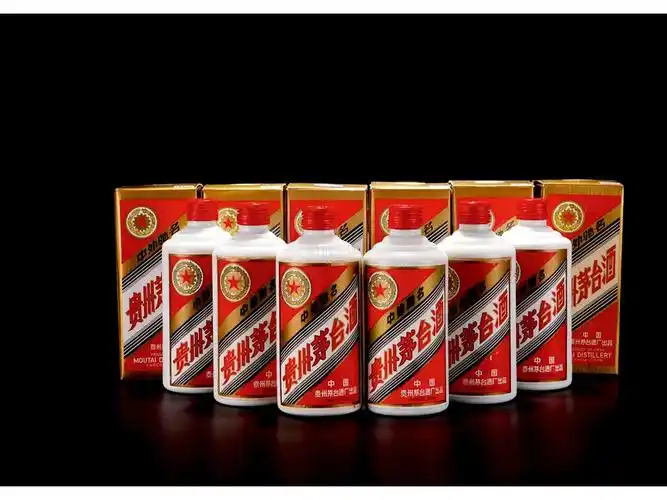High-temperature heat pumps can optimize the heating and energy-saving process in Moutai Production. They are mainly used in koji making, fermentation, distillation, drying and other links to improve energy efficiency and reduce carbon emissions.

Key processes and heat pump application points in Moutai production
- Temperature control of koji making room
- A stable high-temperature and high-humidity environment (55~60°C, 90% humidity) needs to be maintained during the koji making process.
- High-temperature heat pumps can provide precise hot air and recycle waste heat to replace gas or electric heating.
- Fermentation environment heating
- The fermentation workshop needs to be heated in winter to maintain a suitable temperature (25~30°C).
- Heat pumps can provide constant temperature hot water or hot air for the fermentation area to save energy.
- Heating during the distillation process
- Steam (80~100°C) is required in the distillation process to heat the fermented mash.
- High-temperature heat pumps can recycle the waste heat of condensed water for steam preheating and reduce boiler fuel consumption.
- Wine lees drying
- Wine lees byproducts need to be dried (60~80°C), which is traditionally heated by boilers or electricity.
- Heat pumps can replace traditional systems, provide efficient heat sources, and recover waste heat from exhaust gas.
- Hot water supply for cleaning
- Wine retorts and equipment require high-temperature hot water (70~90°C).
- Heat pumps provide clean hot water, saving electricity or gas.
Actual case
High-temperature heat pump renovation project of a Moutai winery
Project background
The winery produces 5,000 tons of Moutai wine annually. Traditional heating relies on coal-fired boilers and electric heating, which has high energy consumption and serious waste of waste heat.
Renovation content
- Install a high-temperature heat pump system for heating the koji making room and fermentation area.
- Configure an exhaust gas Waste heat recovery device, and combine the heat pump to provide a heat source for distillation and drying.
- Use a heat pump to replace the electric heating equipment to provide hot water for the cleaning process.
Application effect
- Energy saving
- After replacing coal-fired boilers, 500 tons of coal are saved annually;
- The heat pump COP reaches 4.5, and the annual electricity saving is about 500,000 kWh.
- Economic benefits
- Total investment: about 5 million yuan;
- Annual operating cost savings: about 1.5 million yuan;
- Payback period: about 3.3 years.
- Environmental benefits
- Annual reduction of carbon dioxide emissions by about 2,000 tons;
- Reduce smoke and SO₂ emissions and improve the factory environment.
- Process improvement
- More precise temperature control for koji making and fermentation, more stable wine quality;
- Reduce distillation energy consumption, and increase lees drying efficiency by 20%.
Advantages summary
- Energy saving and consumption reduction: reduce dependence on traditional boilers and significantly reduce energy consumption.
- Environmental compliance: reduce carbon emissions and pollutant emissions, and help green brewing.
- Product optimization: precise and stable temperature control, improve the brewing quality of Moutai.
- Economical and efficient: low operating cost, short payback period, high investment value.
If you need more specific heat pump technical Solutions or equipment selection support, please communicate further!


